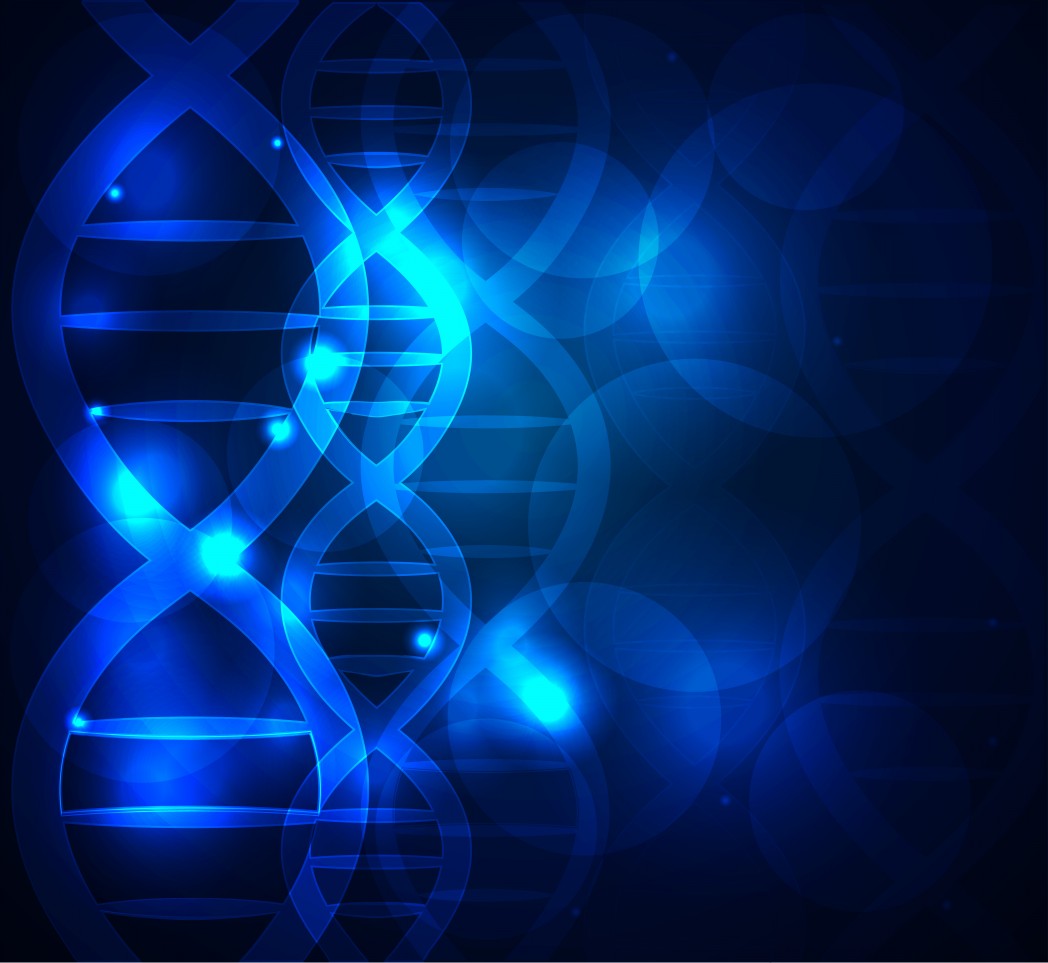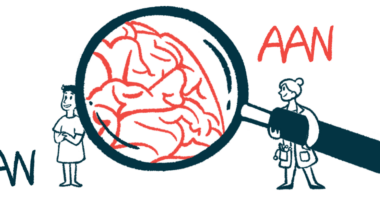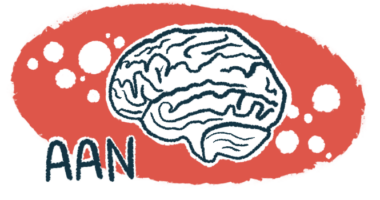Researchers Find Autoimmune Role of Gene Central to ALS, Emphasize Need for Clinical Trials

Researchers at the Harvard Stem Cell Institute (HSCI), along with colleagues at the Broad Institute of MIT and Harvard, conducted a study focusing on the unexplored functions of a gene whose mutations are found in a significant number of patients with amyotrophic lateral sclerosis (ALS).
The findings supply evidence of a role in disruptions in immunity and the need for clinical trials to explore the therapeutic potential of bone marrow transplants.
The research paper, “Loss-of-function mutations in the C9ORF72 mouse ortholog cause fatal autoimmune disease,” was published in Science Translational Medicine.
The C9ORF72 gene codes for a protein that is found in numerous tissues, and is especially abundant in motor neurons. Scientists believe it plays an important role in the sending and receiving of signals between neurons. Mutations in this gene are known to contribute to ALS and are found in many patients. However, the function of the gene product remains poorly defined and understood.
Researchers in this study used knockout mice to study the gene’s function. Knockout mice are animals where a particular gene, in this case C9ORF72, is eliminated or inactivated, providing researchers with information about what happens when the gene is no longer there or working properly, indicating its function.
“The point of our paper was to determine the function of this gene and what it normally helps to do in the body,” said lead author author Kevin Eggan, a professor in Harvard’s Department of Stem Cell and Regenerative Biology (HSCRB).
The researchers predicted that the inactivation of the gene would lead to neuronal dysfunction, but here the scientists also observed immune abnormalities. The mice without a functional copy of the gene had abnormally large spleens, lymph nodes, and increased expression of inflammatory cytokines, all symptoms that eventually lead to a high mortality rate.
Following this discovery, the research team further explored the gene’s role in immunity and sought to discover whether a bone marrow transplant would help the animals make new immune cells and improve their status. Although the transplant did not completely cure the animals, the mice did seem to get better. Such results also suggest that the functions of the gene extend to other organs.
The therapeutic potential of anti-inflammatory drugs and bone marrow transplants for ALS patients has been explored for years, as well as the existence of autoimmunity and inflammation, but results have conflicted. Some patients present it and other don’t. Researchers attribute this to clinical trials targeting the general ALS population, without considering the multitude of gene mutations that contribute to the development of the disease.
In light of this, researchers believe clinical trials should be designed with the objective of assessing the effects of bone marrow transplants in particular ALS subpopulations. Researchers also suggest there is a need for investigation into whether disruptions in the immune system also contribute to ALS onset.






